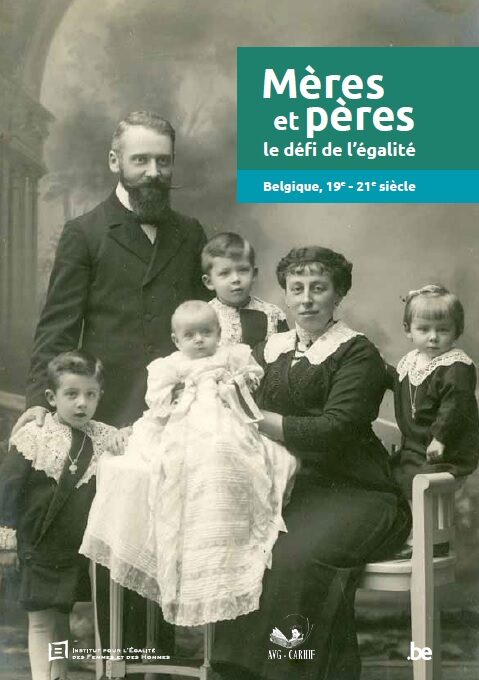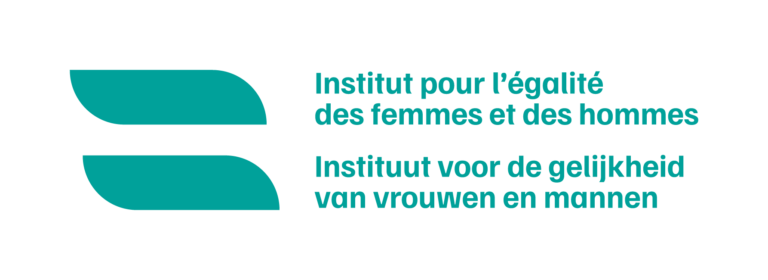For many of us, the family of the past evokes stability, order and harmony: women were busy in the domestic sphere while men provided the resources for family life. But this view does not stand up to historical scrutiny. Women have always worked and families have never been static or homogeneous. Depending on the period, they have adapted to the conditions of economic, social and cultural life and to the process of democratisation of society. The inequitable distribution of family roles has nevertheless contributed in the long term to serious discrimination against women in access to education, professional life or politics.
This is what this book underlines, which covers two centuries of the history of parental roles in Belgium. It shows the development in the 19th century of a family model imposing roles on women that are exclusively rooted in marriage, motherhood and domestic life, and its impact on the (non)rights of women and men. For the majority of families, however, this model proved to be inoperative. The breakthrough came especially in the second half of the 20th century with the emergence of much more diversified and views on family organisation. But despite obvious progress, equality in the family is still a real challenge today.
This publication is available free of charge (paper version or PDF), in French and Dutch, at the Institute for the Equality of Women and Men.
Claudine Marissal, Mères et pères : le défi de l’égalité (Belgique, 19e-21e siècle), IEFH, June 2019.



